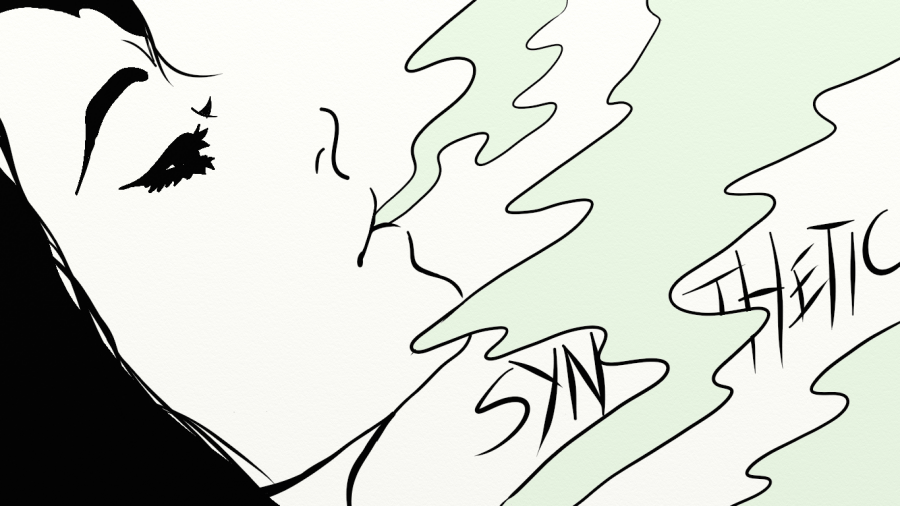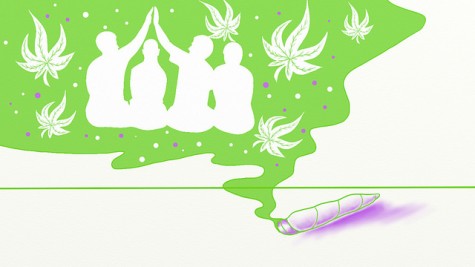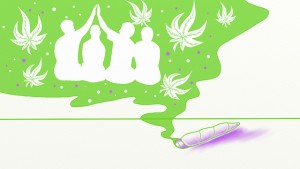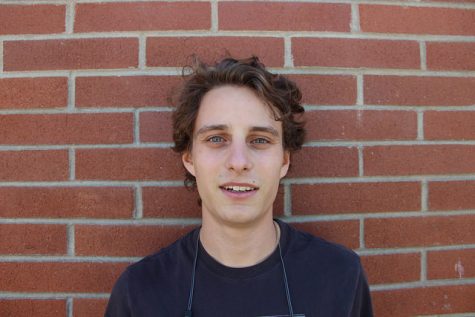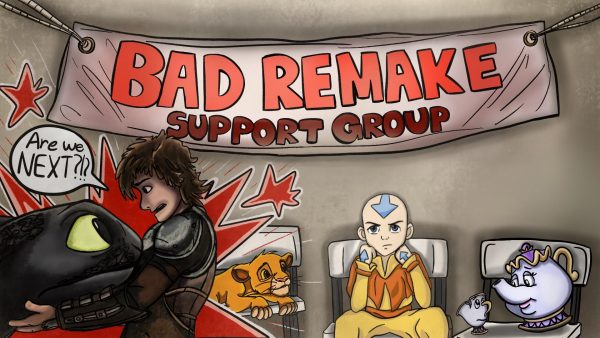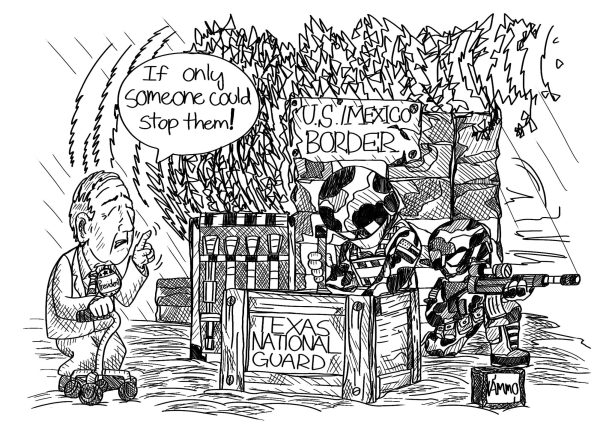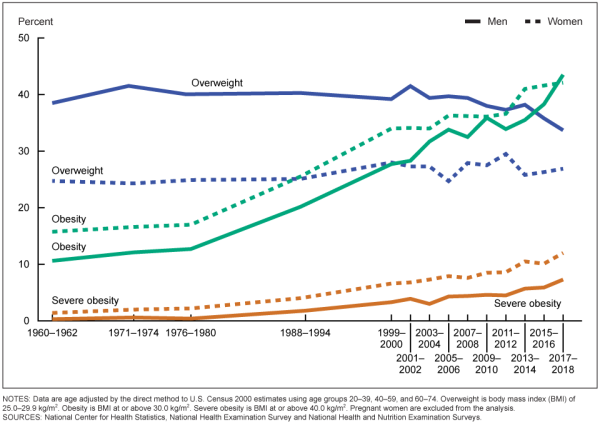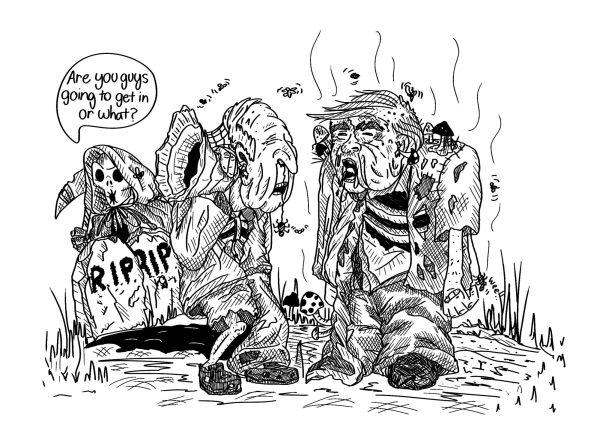Spice Ain’t Too Nice
September 1, 2015
What if I told you that there’s a drug students are taking that gives them an irregular heart rate, changes connections in their brain, makes them forget their past, while being extremely addictive? You’d immediately assume that this drug must be illegal, and students probably struggle to find their fix. Most likely finding themselves in undesirable places in order to get this substance.
The thing is, this drug is legal.
Synthetic Cannabis or spice, is being sold throughout the country in head shops, smoke shops, liquor stores, and online, distributed as an incense. Recently in California, Health and Safety Code 11357.5 made it illegal for people to sell the drug, but not illegal to possess.
The packaging of spice features psychedelic colors, distorted fonts, and catchy names speaking to 18-year-olds who are legally able to purchase the drug, or be in possession of it.
Synthetic Cannabis isn’t a new thing, it was developed by John W. Huffman, in 1984, while researching the effects of marijuana on the body. He developed a compound that mimics THC’s (the illegal psychoactive compound found in cannabis) impact on the brain in order to better understand.
Huffman conducted his studies with great success for many years, but it wasn’t until the early 2000’s that he began selling his formula in Germany; making spice a commodity. The formula at this point was relatively safe, however, Huffman said in a statement to Webmd, “It bothers me that people are so stupid as to use this stuff.” A possible tell-tale-sign as to how dangerous this synthetic drug already was.
His formula went to China, where it was mass produced and then exported back to the United States around 2002.
In 2010 due to a number of spice related deaths, the DEA made the compounds JWH-018, JWH-073, and JWH-200, illegal to be sold in the US. Essentially only making the compounds found in Synthetic Cannabis the illegal part. Like how cannabis isn’t illegal, but THC is.
Also, California’s restrictions on selling the drug, will expire on January 1, 2016, and will make it legal again to sell.
Spice is a man made drug, its formula and compounds can be changed. Since 2010 companies like K2, Sacred Eagle, Lakshmi, and countless others have been changing their formula in order to keep their product legal. Because of this unstable chemical concoction, spice has been observed today to be more addictive (in some cases) than crack.
At this point you’re probably thinking, “We need to make this drug fully illegal, and not just the compounds.”
Seems like an easy simple solution, but why would we want to make another drug illegal to fuel the War on Drugs? All that would do is kill innocent bystanders, add to the already over militarized police force, create more cartels, more gangs, more prisoners, and all around more violence. Let’s face it, the war on drugs has failed. It’s not going to work anytime soon; criminalizing another drug won’t help.
There’s a few things we have to accept when it comes to drugs: people are always going to want them, they are always going to exist, and people will continue to find new ways to get high. Once we accept that, we can move on to a solution.
Let’s decriminalize all drugs. We’ve already tried the war on drugs approach; that didn’t work. It’s time to try something new.
Countries like Portugal, and New Zealand have already taken this approach, and have seen great results.
Here’s an everyday life example: you’re failing all of your tests because you’re not studying. What should you do? Study! There you go! You’re getting it buster!
If America were a student, they’d keep not studying and continue getting a failing grade, but also they’d keep throwing money at the teacher whining at them, “Change my grade!” While the teacher goes, “Thanks for the money, but I can’t change your grade.” And now America has been held back in school for 40 years, but instead of studying, like they should, they just keeps throwing money at the teacher!
America has thrown billions of dollars at the war on drugs; when all we really need to do, is look at the facts, people will always take drugs.
Synthetic cannabis is here, and it’s not going anywhere, unless we take a more lenient approach to all drugs.





































































